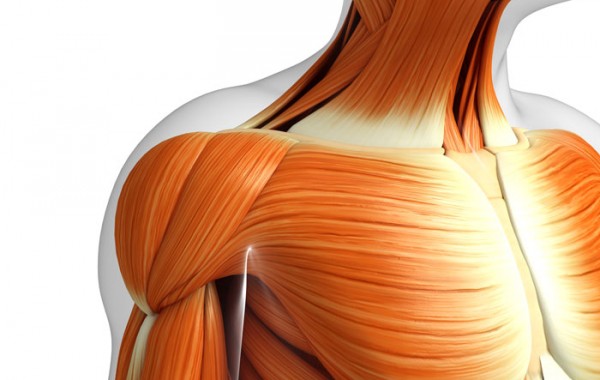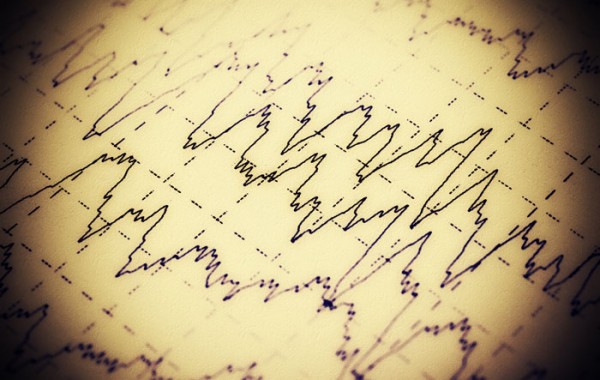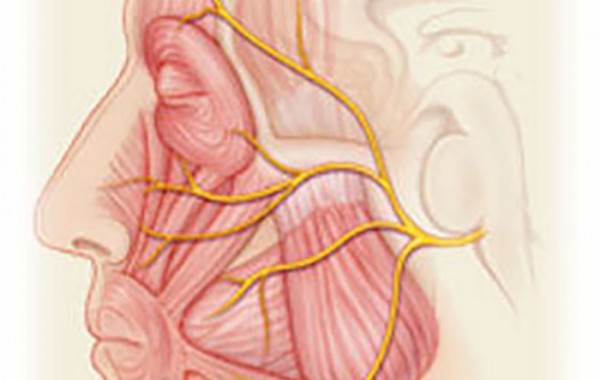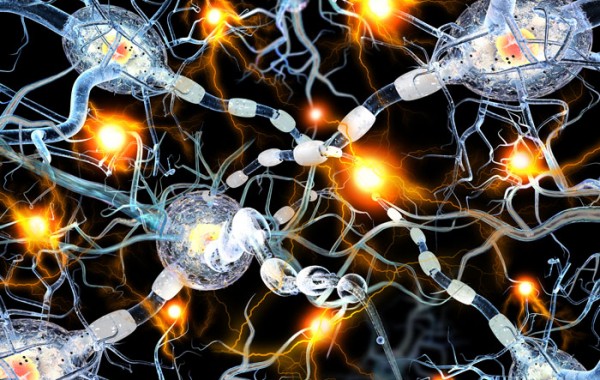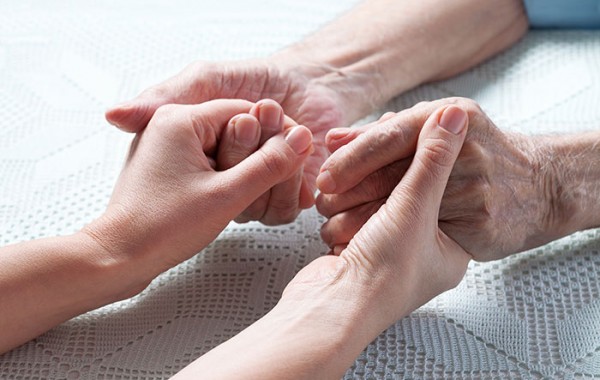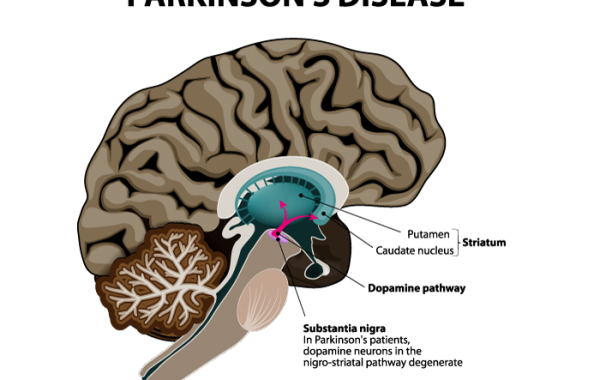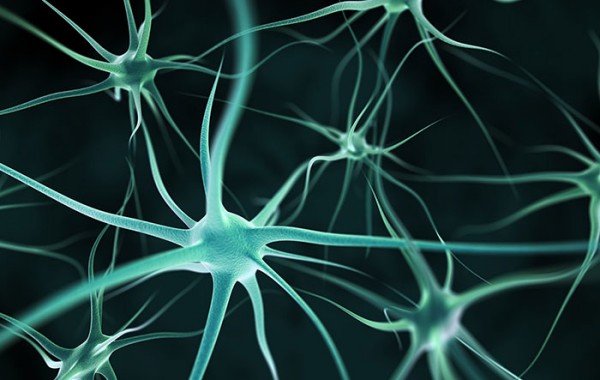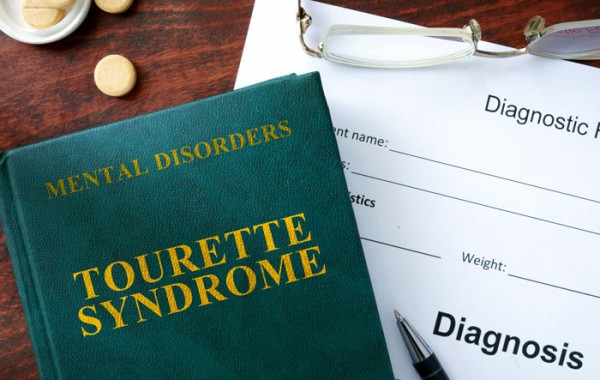Movement Disorders
Parkinsons and Movement Disorders
Our nervous system controls every movement we make, from closing our eyes, to lifting our arm up or wiggling our toes. When we decide we want to move a particular part of our body a message is sent from our brain, through a network of nerves and connections, to the area that we wish to move. If we decide we do not want to move, for example when sitting still, our nervous system is equally responsible for relaying that message to our muscles as well. However, if our nervous system is not working correctly, these messages are not delivered properly. We become unable to control the speed or fluidity of our movements wether we are moving or sitting still. This condition is called a Movement Disorder.
Movement disorders are a group of neurological conditions that impair our bodies’ nervous system and our ability to control movement. A person who has a condition of the nervous system will often experience parts of their body moving either involuntarily or more slowly than they want it to. Tremors are an example of an involuntary movement that manifests as uncontrollable shaking. Uncontrollable actions such as facial twitching, blinking, and yawning (also known as ‘tics’) are all additional ways movement disorders may manifest.
Neurodegenerative diseases such as Parkinson’s, chronic illnesses such as an over active thyroid, autoimmune disease, infection, injury, and some medications are known to cause the development of movement disorders. In addition, emotional disturbances such as stress, anxiety, and the excessive consumption of alcohol act as triggers for movement disorders causing symptoms to become more apparent. The risk of developing this type of neurological disability also increases if someone in your family currently suffers from a nerve disease.
Movement disorders can be debilitating. Although there is no definitive cure, in most cases treatment of the underlying disease contributes to alleviating symptoms and in some cases, may cure them all together. Our team of compassionate, neurology specialists supply the best available treatment options and care available to help individuals like you to manage symptoms.
.








